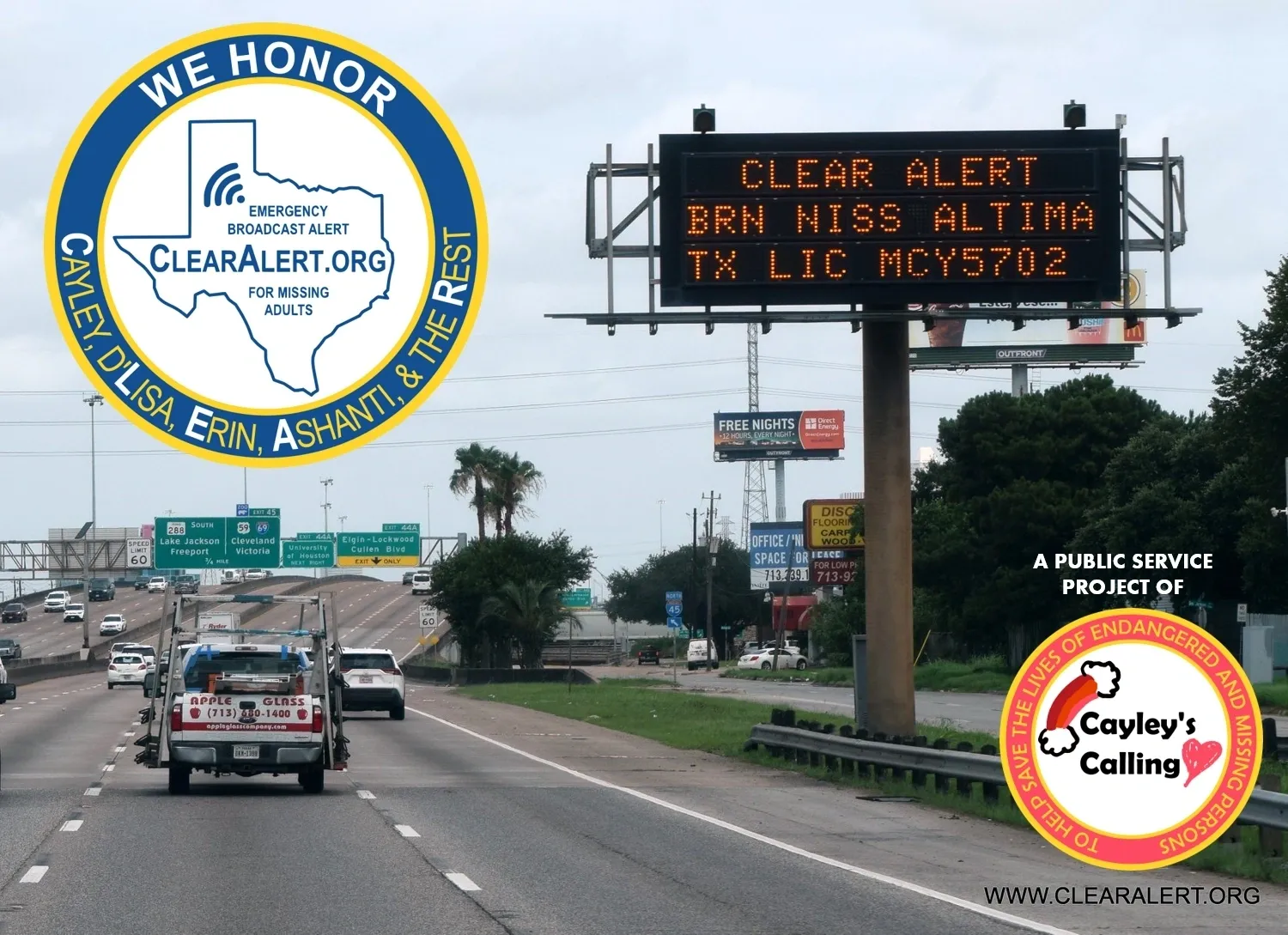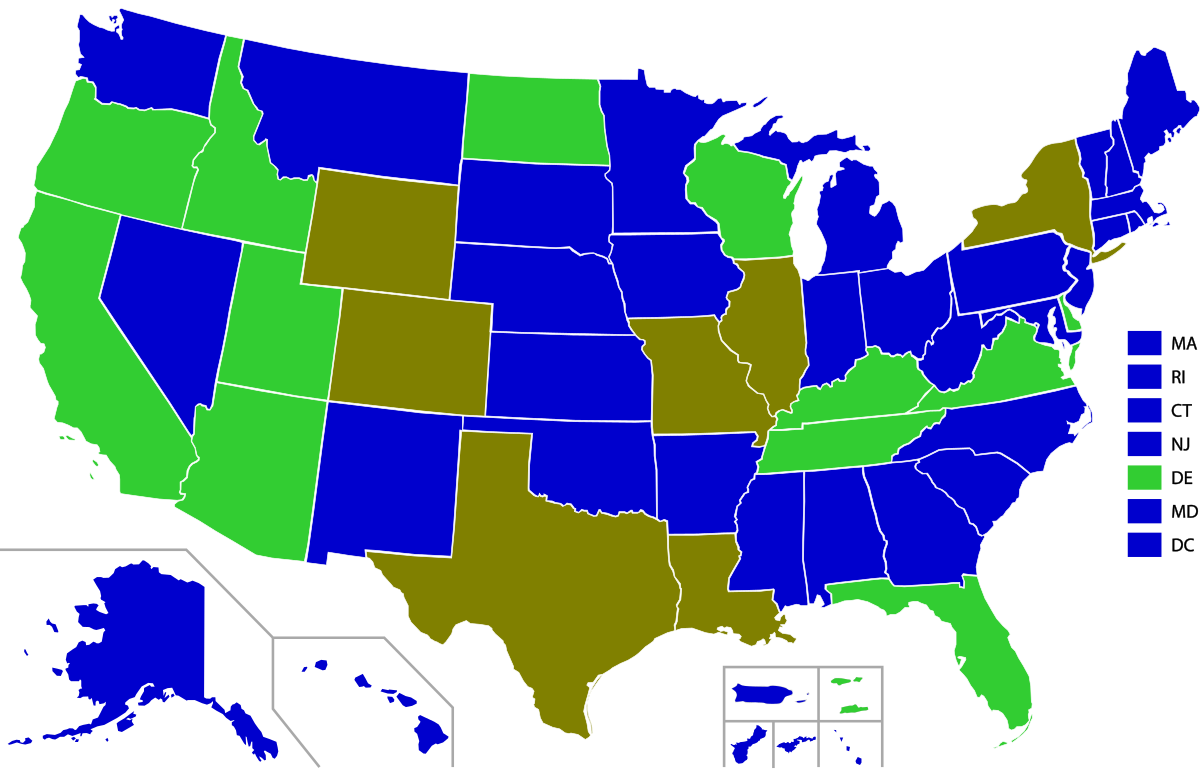Becoming a teacher is a rewarding journey filled with opportunities to shape young minds. If you’re thinking about how to become a teacher in Florida, you’re in the right place! In this article, we’ll explore the steps you need to take, the qualifications required, and some tips to help you succeed. Teaching can be a fun and exciting career, and understanding the process is the first step toward your goal.
Understanding the Role of a Teacher
Before diving into how to become a teacher in Florida, it’s essential to understand what being a teacher means. Teachers help students learn new things every day. They guide them through lessons, help them solve problems, and encourage them to think critically. Teachers can work with little kids in elementary schools, with teenagers in high schools, or even with adults in colleges. Each age group presents different challenges and joys, making teaching a diverse and dynamic profession. Also read How to Become a Teacher in Florida
Educational Requirements
The first step on your journey is to meet the educational requirements. To become a teacher in Florida, you usually need at least a bachelor’s degree. Most teachers choose to major in education, but you can also major in another subject and then take additional education courses. This is known as a “subject area major.”
In your degree program, you’ll learn about child development, teaching methods, and how to create engaging lessons. You’ll also gain practical experience through student teaching, where you’ll work alongside an experienced teacher in a real classroom. This hands-on experience is invaluable as it helps you understand what it’s like to teach every day.
Choosing a Major
When figuring out how to become a teacher in Florida, choosing the right major is crucial. If you want to teach younger children, consider majoring in elementary education. If you prefer teaching older students, think about a subject area like mathematics, science, or English. Each subject has its own requirements, so be sure to check what’s needed for the area you’re interested in.
If you’re unsure which path to take, talk to teachers or school counselors. They can offer insights into what it’s like to teach different grades and subjects. You might even want to volunteer in schools to get a feel for what you enjoy most!
Passing the Exams
Once you complete your degree, you’ll need to pass a series of exams to become a certified teacher. In Florida, the primary exam is the Florida Teacher Certification Examinations (FTCE). This includes a basic skills test and subject area exams, depending on what you plan to teach.
The basic skills test covers reading, writing, and math. It’s essential to study well for these exams because passing them is a big step toward becoming a teacher. There are many resources available, such as study guides and online courses, that can help you prepare. Remember, practice makes perfect!
Applying for a Teaching Certificate
After passing your exams, the next step in how to become a teacher in Florida is to apply for your teaching certificate. You can do this through the Florida Department of Education (FLDOE). Your application will include your test scores, transcripts, and any other required documents.
It’s essential to make sure everything is accurate and submitted on time. The FLDOE has specific guidelines, and following them will help ensure your application is processed smoothly. Once you submit your application, it may take a few weeks to receive your certification, so be patient!
Completing a Background Check
Before you can start teaching, you’ll need to complete a background check. This is an important step in ensuring the safety of students. The background check will look into your criminal history to make sure you are fit to work with children. This process is standard in many states, including Florida.
Be honest during this process. If you have any past issues, it’s better to disclose them upfront rather than have them come up later. Schools want to ensure that all their teachers are trustworthy and responsible.
Finding a Job
Now that you have your certification, it’s time to find a teaching job! This part can be exciting but also a little challenging. Start by checking job listings on school district websites and education job boards. Networking can also be helpful. Reach out to your professors, classmates, and local teachers to see if they know of any openings.
When applying, tailor your resume and cover letter to each job. Highlight your skills, experiences, and why you want to teach in that specific school. This can make a big difference in standing out to hiring committees.
Preparing for the Interview
If you get called for an interview, congratulations! This is your chance to show the school how passionate you are about teaching. Prepare by researching the school and its values. Think about common interview questions, like why you want to teach and how you handle classroom challenges.
Practice answering these questions with a friend or family member. The more comfortable you are speaking about your experiences and beliefs about education, the better you will perform in the interview. Remember to be yourself and let your passion for teaching shine through!
Continuing Education
Once you land a teaching job, your journey doesn’t end there. In Florida, teachers are required to complete continuing education to maintain their certification. This means you will need to take courses and participate in professional development throughout your career.
Continuing education helps you stay updated on the latest teaching strategies and educational technologies. It’s also an excellent opportunity to connect with other educators and share ideas. Many schools offer workshops and training sessions, so take advantage of these resources to grow as a teacher.
Building Relationships with Students
As a teacher, building positive relationships with your students is crucial. Creating a safe and welcoming environment encourages students to participate and express themselves. Take time to get to know your students’ interests, strengths, and challenges.
This connection not only makes learning more enjoyable for students but also helps them feel valued. When students know their teacher cares about them, they are more likely to engage in the classroom and achieve their goals.
Classroom Management
One of the essential skills you’ll develop as a teacher is classroom management. This involves creating rules and routines to ensure a productive learning environment. Start by setting clear expectations for behavior and academic performance.
Use positive reinforcement to encourage good behavior, and be consistent with consequences for misbehavior. It’s essential to find a balance between being firm and being approachable. A well-managed classroom allows students to focus on learning without distractions.
Embracing Technology
In today’s world, technology plays a significant role in education. As a teacher, it’s important to embrace new tools and resources to enhance your lessons. Use educational apps, interactive whiteboards, and online resources to engage your students.
Incorporating technology into your teaching can make learning more fun and accessible. Encourage your students to use these tools for research, collaboration, and creativity. This prepares them for the tech-driven world they will enter after school.
Supporting Diverse Learners
Florida’s classrooms are diverse, with students from various backgrounds and learning styles. As a teacher, you’ll need to adapt your teaching methods to support all learners. This means recognizing that not every student learns the same way.
Use a variety of teaching strategies to accommodate different needs. For example, some students may benefit from visual aids, while others may prefer hands-on activities. By being flexible and responsive, you can help every student succeed.
Connecting with Parents and Guardians
Building strong relationships with parents and guardians is another vital part of being a teacher. Keep them informed about their child’s progress and involve them in school activities. Host open houses, parent-teacher conferences, and workshops to engage families in the learning process.
When parents and guardians feel included, they are more likely to support their child’s education. Open communication also helps address any concerns early on, fostering a collaborative approach to student success.
Seeking Support
Teaching can be challenging, and it’s essential to seek support when needed. Connect with other teachers in your school or district to share ideas and experiences. Joining professional organizations can also provide valuable resources and networking opportunities.
Don’t hesitate to reach out for help if you’re feeling overwhelmed. Whether it’s managing a difficult classroom situation or finding new teaching strategies, seeking advice from colleagues can make a big difference.
Staying Inspired
Lastly, remember to stay inspired in your teaching career. Education is constantly evolving, and it’s essential to keep your passion for teaching alive. Attend workshops, read educational books, and engage with online communities of educators.
Find inspiration in your students’ successes and their enthusiasm for learning. When you are excited about teaching, your students will be too. This positive energy creates a thriving classroom environment where everyone can learn and grow.
Conclusion
Now that you know how to become a teacher in Florida, you’re well on your way to starting a fulfilling career. Remember to focus on your education, pass the necessary exams, and apply for your teaching certificate. Building relationships, managing your classroom, and staying inspired will help you succeed in this rewarding profession.
Teaching is more than just a job; it’s an opportunity to make a lasting impact on the lives of young people. Embrace the journey, and enjoy every moment of shaping the future!





